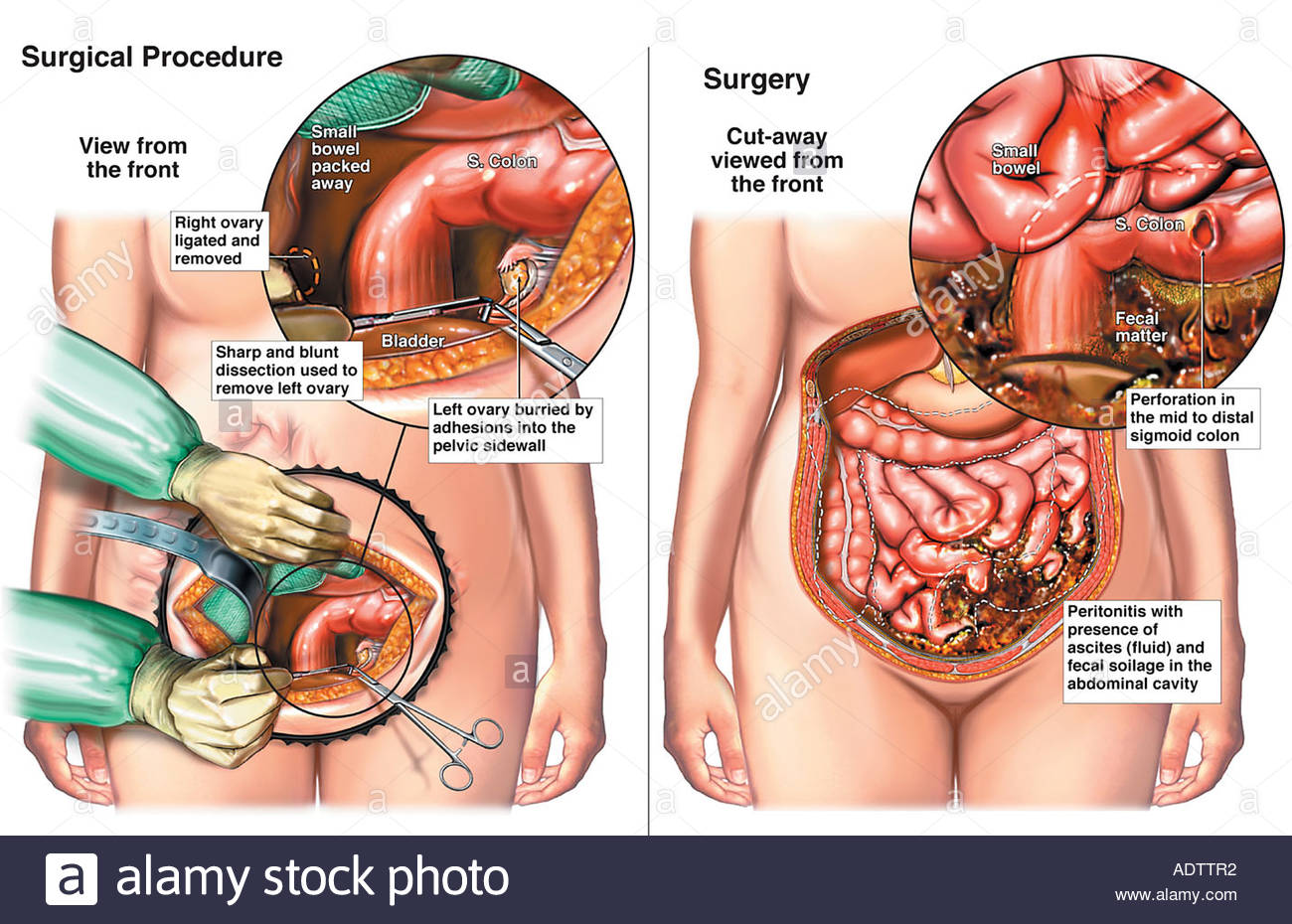Oophorectomy in Portugal
Search and Compare the Best Clinics and Doctors at the Lowest Prices for Oophorectomy in Portugal

Find the best clinics for Oophorectomy in Portugal
No clinics available
Ukraine offers the best prices Worldwide
Price: $ 714

- Home
- Portugal
WHY US?
At Medijump, we're making medical easy. You can search, compare, discuss, and book your medical all in one place. We open the door to the best medical providers worldwide, saving you time and energy along the way, and it's all for FREE, no hidden fees, and no price markups guaranteed. So what are you waiting for?

Free

Best Price

Widest Selection

Risk-Free
What you need to know about Oophorectomy in Portugal

Oophorectomy also referred to as ovariectomy, is a surgical procedure to remove one or both of a woman’s ovaries – the almond-shaped organs located on each side of the uterus that produces ovum (egg cells). It is often performed to prevent or treat certain medical conditions, such as ovarian torsion, endometriosis, non-cancerous ovarian tumor, and ovarian cancer.
What does a Oophorectomy Procedure Involve?
A general anesthetic is used during oophorectomy and the procedure can be performed in two different ways: laparotomy or laparoscopy. With laparotomy, your surgeon will make a single large incision in your lower abdomen to gain access to your ovaries. Then, your surgeon removes the ovary by separating each ovary from the blood supply and tissue that surrounds it. With a laparoscopy, your surgeon makes three small incisions in your abdomen to insert a small surgical tool and laparoscope (a small, flexible tube with a tiny camera and a light on its end). The surgeon separates each ovary from the blood supply and the surrounding tissue and places it into a pouch. The pouch is then pulled out of your abdomen through the small incision.
How Long Should I Stay in Portugal for a Oophorectomy Procedure?
If you have a laparoscopy, you only have to stay in the hospital for a day. If you have laparotomy, expect to stay in the hospital for 2 or more days. However, you will need to stay in Portugal a bit longer, at least around 7 to 14 days for the initial recovery, follow-up checkups, and for the removal of the stitches.
What's the Recovery Time for Oophorectomy Procedures in Portugal?
You may be able to return to your normal routine and go back to work within 2 to 3 weeks after oophorectomy with laparoscopy. If you undergo laparotomy, you may need six weeks until you can resume your full normal activities.
What sort of Aftercare is Required for Oophorectomy Procedures in Portugal?
You will need to refrain from sexual intercourse for a few weeks and also avoid heavy lifting and exercise during the recovery period, but make sure to get up and about as soon as you can. You may need to make dietary changes and avoid using tampons.
What's the Success Rate of Oophorectomy Procedures in Portugal?
Oophorectomy has a high success rate of 97.5%. However, there are some side effects, complications, and risks you need to be aware of before the procedure, such as hot flashes and vaginal dryness (menopause symptoms), memory problems, decreased sex drive, heart disease, depression, anxiety, and osteoporosis.
Are there Alternatives to Oophorectomy Procedures in Portugal?
The alternative to oophorectomy depends on what medical condition you need the procedure for. If you have endometriosis, your alternative is hormone therapy. Hysterectomy can also be an alternative to this procedure.
What Should You Expect Before and After the Procedure
Before an oophorectomy, you may be at risk of ovarian and risk cancer. After the surgery, your risk will be greatly reduced. If the procedure is performed to treat a specific condition, you will no longer experience the symptoms of the condition.
Whilst the information presented here has been accurately sourced and verified by a medical professional for its accuracy, it is still advised to consult with your doctor before pursuing a medical treatment at one of the listed medical providers
No Time?
Tell us what you're looking for and we'll reachout to the top clinics all at once
Enquire Now

Popular Procedures in Portugal
Prices Start From $500

Prices Start From $260

Prices Start From $714

Prices Start From $714

Recommended Medical Centers in Portugal for procedures similar to Oophorectomy

- Interpreter services
- Translation service
- Religious facilities
- Medical records transfer
- Medical travel insurance
- Health insurance coordination
- TV in the room
- Safe in the room
- Phone in the room
- Private rooms for patients available

- Interpreter services
- Translation service
- Religious facilities
- Medical records transfer
- Medical travel insurance
- Health insurance coordination
- TV in the room
- Safe in the room
- Phone in the room
- Private rooms for patients available

- Interpreter services
- Translation service
- Religious facilities
- Medical records transfer
- Medical travel insurance
- Health insurance coordination
- TV in the room
- Safe in the room
- Phone in the room
- Private rooms for patients available

- Interpreter services
- Translation service
- Religious facilities
- Medical records transfer
- Medical travel insurance
- Health insurance coordination
- TV in the room
- Safe in the room
- Phone in the room
- Private rooms for patients available

- Interpreter services
- Translation service
- Religious facilities
- Medical records transfer
- Medical travel insurance
- Health insurance coordination
- TV in the room
- Safe in the room
- Phone in the room
- Private rooms for patients available

- Interpreter services
- Translation service
- Religious facilities
- Medical records transfer
- Medical travel insurance
- Health insurance coordination
- TV in the room
- Safe in the room
- Phone in the room
- Private rooms for patients available

- Interpreter services
- Translation service
- Religious facilities
- Medical records transfer
- Medical travel insurance
- Health insurance coordination
- TV in the room
- Safe in the room
- Phone in the room
- Private rooms for patients available

- Interpreter services
- Translation service
- Religious facilities
- Medical records transfer
- Medical travel insurance
- Health insurance coordination
- TV in the room
- Safe in the room
- Phone in the room
- Private rooms for patients available
Oophorectomy in and around Portugal
Introduction
Portugal is a country located in southwestern Europe. It’s one of the oldest nation-states of Europe and the world. Its territory had been continuously invaded, settled, and fought over since prehistoric times. Today, the country has become a major tourist destination, with its architecturally stunning cities, cobblestone villages, medieval castles, great food, stunning beaches, and incredible weather. Besides its beauty, Portugal is also attracting people from all around the world for its healthcare. The country offers a combination of state-of-the-art private medical centers, with spotless facilities and private rooms, a wide range of procedures, with very short waiting lists, as well as highly trained patient-oriented medical teams who are fluent in different languages. The physicians in this country have been trained by high standard medical schools, where just top and talented students are allowed to attend.
Popular Cities and Regions in Portugal
Lisbon is the capital and the largest city in Portugal. This city is filled with friendly people, history, mystique, and amazing food. Explore its many beautiful churches, listen to Fado, take a trip to the Castle of St. Jorge, see Sintra, and have some fun in one of its nightclubs. Another popular destination is Batalha, which is home to the UNESCO-listed Batalha Monastery. The monastery was build from 1386 to 1517 and is known as the greatest Gothic masterpieces in Europe. Those who want to party or soak up the sun should visit Lagos, while those who love to wander around and visit museums should visit Porto. Both of these cities are popular and fascinating.
Transport in Portugal
International tourists usually arrive at Lisbon Airport. It is a hub for low-cost airlines EasyJet and Ryanair, and it serves flights to numerous cities around the world. To get around Portugal, trains and buses are very efficient. While trains are often cheaper, buses are usually quicker. Taxis are available in almost every city and are relatively cheap.
Visas in Portugal
Since Portugal is part of the Schengen Area, citizens of 62 countries, including the US, Australia, the UAE, and Canada, are allowed to visit without a visa for up to 90 days. Citizens of most other countries are required to obtain a Schengen visa to visit the country.
Weather in Portugal
From March to May it is spring and the weather is pleasant but there will likely be some heavy rain. Summer, is from June to mid-September, can be scorching hot with temperatures rising to mid 30oC. Autumn, starts from mid-September to December and it brings colder temperatures but and an increased chance of rain. Winter can get quite cold and the days are shorter and always expect rain and storms during this season.
Additional Info
- Local Currency: The euro is the official currency. 1 EUR is equivalent to 1.08 USD.
- Money & Payments: ATMs are widely available, except in small villages. Credit cards are often accepted at midrange and high-end establishments. Tipping is usually expected at hotels and restaurants.
- Local Language: The official language is Portuguese. However, English, French, and Spanish are widely spoken in the country.
- Local Culture and Religion: Christianity is the major religion of the country. Other religions are practiced by a small portion of the population.
- Public Holidays: Portugal Day, Restoration of Independence, and Christmas Day are some of the public holidays celebrated in Portugal.
Popular Searches
- Plastic Surgery in Thailand
- Dental Implants in Thailand
- Hair Transplant in Thailand
- Breast Augmentation Thailand
- Gastric Sleeve in Thailand
- Gender Reassignment Surgery in Thailand
- Laser Hair Removal in Bangkok
- Botox in Bangkok
- Dermatology in Bangkok
- Breast Augmentation in Bangkok
- Coolsculpting in Bangkok
- Veneers in Turkey
- Hair Transplant in Turkey
- Rhinoplasty in Turkey
- Stem Cell Therapy in Mexico
- Rhinoplasty in Mexico
- Liposuction in Mexico
- Coolsculpting in Tijuana
- Rhinoplasty in Korea
- Scar Removal in Korea
- Gastric Sleeve in Turkey
- Bone Marrow Transplant in India
- Invisalign in Malaysia
- Plastic Surgery in the Dominican Republic
- Tummy Tuck in the Dominican Republic
- Plastic and Cosmetic Surgery in Poland
- Rhinoplasty in Poland
- Hair Implant in Poland
- Dental Implants in Poland
- IVF in Turkey